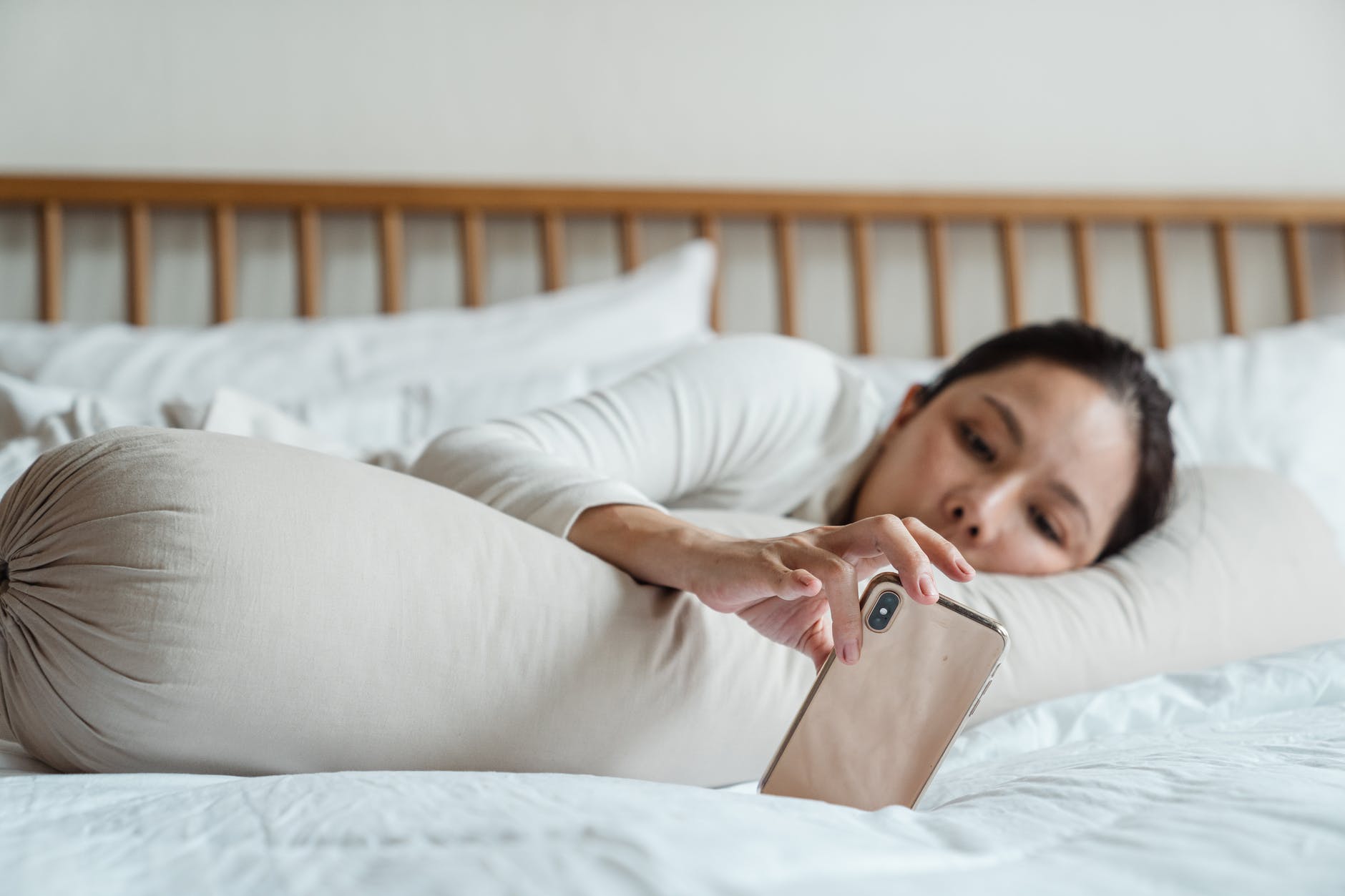A recent study on London King’s college students has gone further to prove that smartphone addiction affects your sleep patterns. Surprisingly. Despite smartphone addiction becoming an increasing problem in most parts of the world, there’s little effort that has been put into research on causes and how they can be combated.
In the research, over 1000 participants aged between 18 and 30 were asked to fill in two questionnaires on their smartphone use and sleeping patterns. The resulting findings were that about 40% of the participants were addicted to their smartphones. Further, the study concluded that the addicted to their smartphones also had poor sleep quality.
How smartphones disrupt your sleep
Smartphones can affect the quality of sleep in several ways. First, the human brain is hypersensitive to the blue light emitted by smartphones, especially if the lights are out. This blue light, in turn, hinders the production of melatonin, the hormone responsible for sleep/ wake sense. Reduced melatonin can cause a lack of sleep or inconsistent sleeping patterns.
Additionally, people with smartphone addiction will probably be playing a game, chatting, scrolling through social media, or something equally exciting right before sleeping. While doing this, their brains will be hyperactive, making it harder for them to sleep immediately after.
How to recover from smartphone addiction
Smartphone addiction, unlike substance addiction, is less frowned upon by society; some don’t even see it as a problem. However, chronic smartphone addiction can have effects as detrimental as substance addiction. It’s therefore important for you to try and reduce time spent looking at smartphone screens using the following methods:
- Don’t use your phone after you turn your lights off: The blue light emitted by your smartphone in darkness is not only harmful to your eyesight but also your sleep patterns.
- Get an alarm clock: Most people take their phones to bed because they use it as their alarm clock. You can avoid this by getting an actual alarm clock.
- Reduce time spent on social media: Although social media has many benefits, overusing it is bad for your mental health. Reduce the time you spend on these sites and increase face-to-face interaction with people.
Essentially, try to limit your smartphone use to daytime and relax at night.


